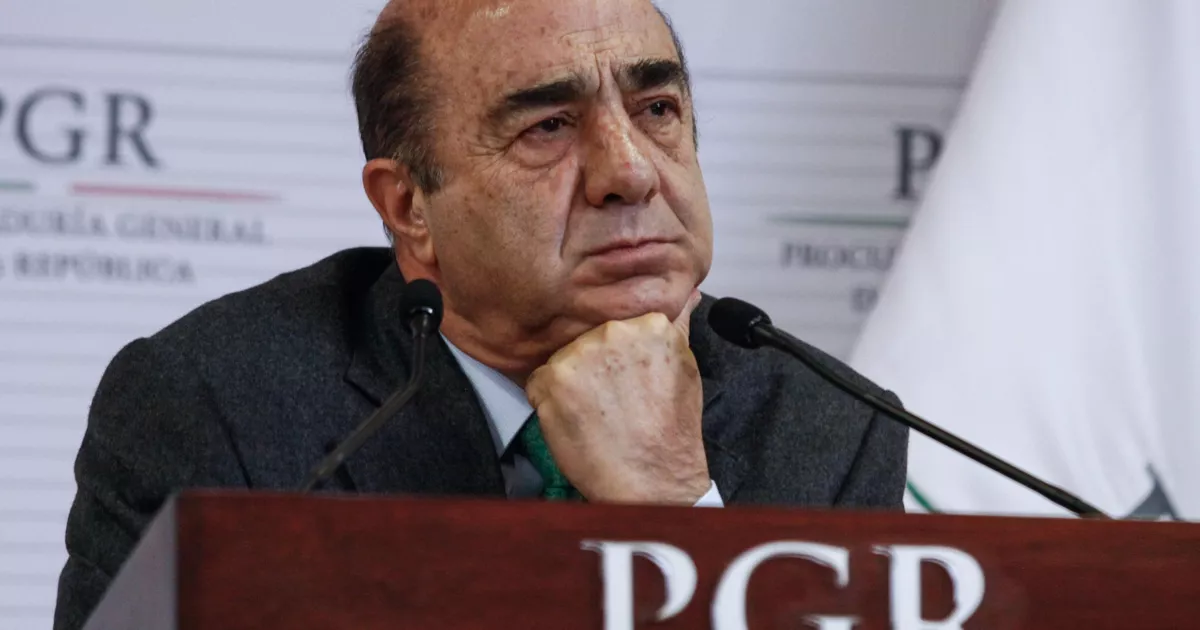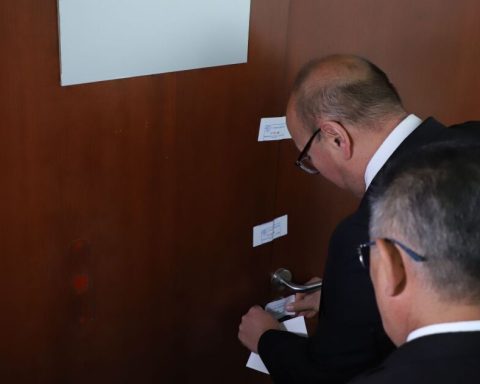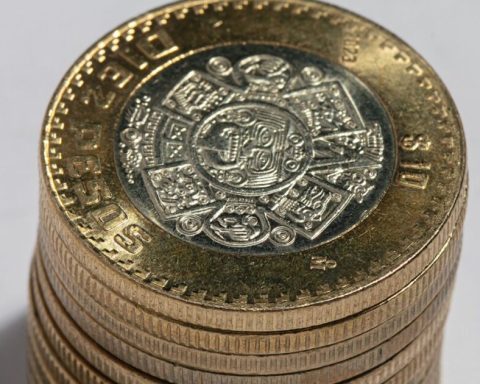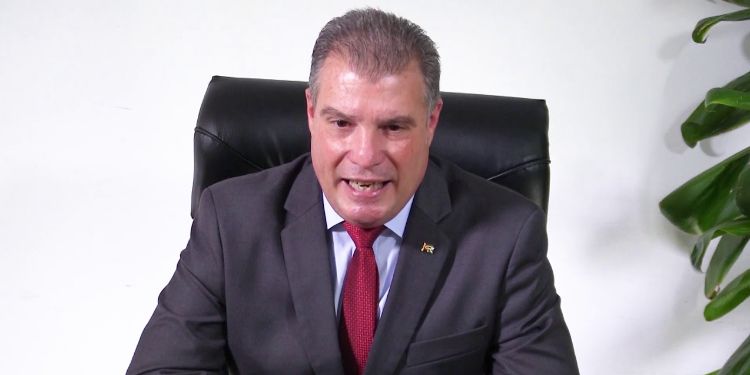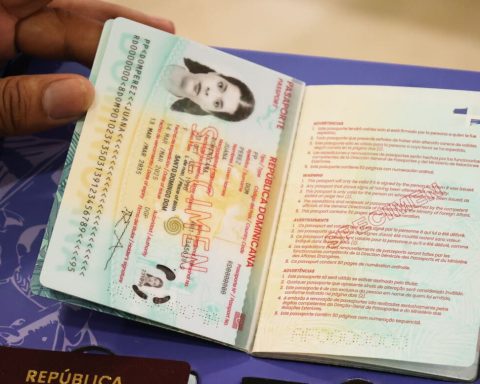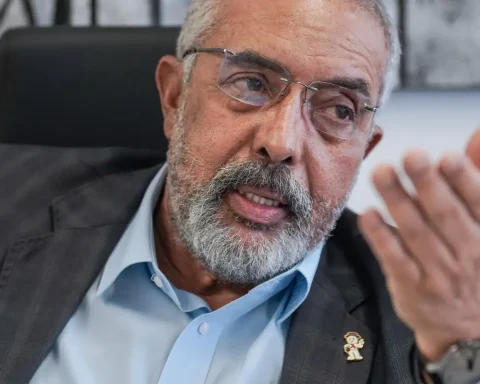“This by virtue of the fact that, in accordance with the FATF standards on the prevention of money laundering, the use of companies offshoretrusts and financial instruments in foreign jurisdictions called tax havens, constitute alert situations that the FIU could not ignore in the framework of the disclosures of the pandora papers and derived from the public statement issued by the FATF, as they are considered atypical and unusual operations that have as a common denominator to guarantee opacity to their clients, hiding, on many occasions, the possible illegal origin of the resources in paper companies or trusts, as well as for being linked to issues of corruption, money laundering, tax evasion and fraud, among others,” the authority stated in a statement.
The UIF identified that Murillo Karam is possibly related to a scheme of operations with resources of illicit origin, an offense provided for in the Federal Criminal Code (article 400 Bis), “because a family business, in which a nephew, son-in-law stands out as partners and children of the PEP, was benefited from contracts from the Federal Government when he was in office.”
(Adolfo Vladimir/Dark Room)
“In this sense, it was identified that the aforementioned company, in the period from 2013 to 2015, obtained tenders from the Ministry of Communications and Transportation (SCT), and in that same period the PEP had as secretary the son of the then head of the SCT, therefore, possibly it was a mutual compensation scheme, where through influences the family business benefited with contracts,” reported the FIU.
In addition, the family business presented irregularities in its form of constitution, since the stated addresses are not in accordance with the activities it indicated to carry out. In the same way, fiscally declared deductions similar to its cumulative income, which makes its financial support unfeasible, as it has minimal profits, a situation that contrasts with the volume of public contracting that it received and the financial operations compared to what was declared fiscally.
It was also identified that he sent and received resources with simulated companies listed in 69 B of the Federal Tax Code, which could lead to possible tax fraud.
In addition to the above, it was identified that in 2017, Karam received 2.8 million dollars for a return on investment from abroad. In addition, in the period from 2020 to 2021, the former official placed 26.5 million pesos abroad in his own accounts, a resource that was not declared to the treasury.
“Consequently, on November 14, 2022, these indications were made known to the Attorney General of the Republic through a complaint for operations with resources of illegal origin presented by the Financial Intelligence Unit,” the authority detailed.
